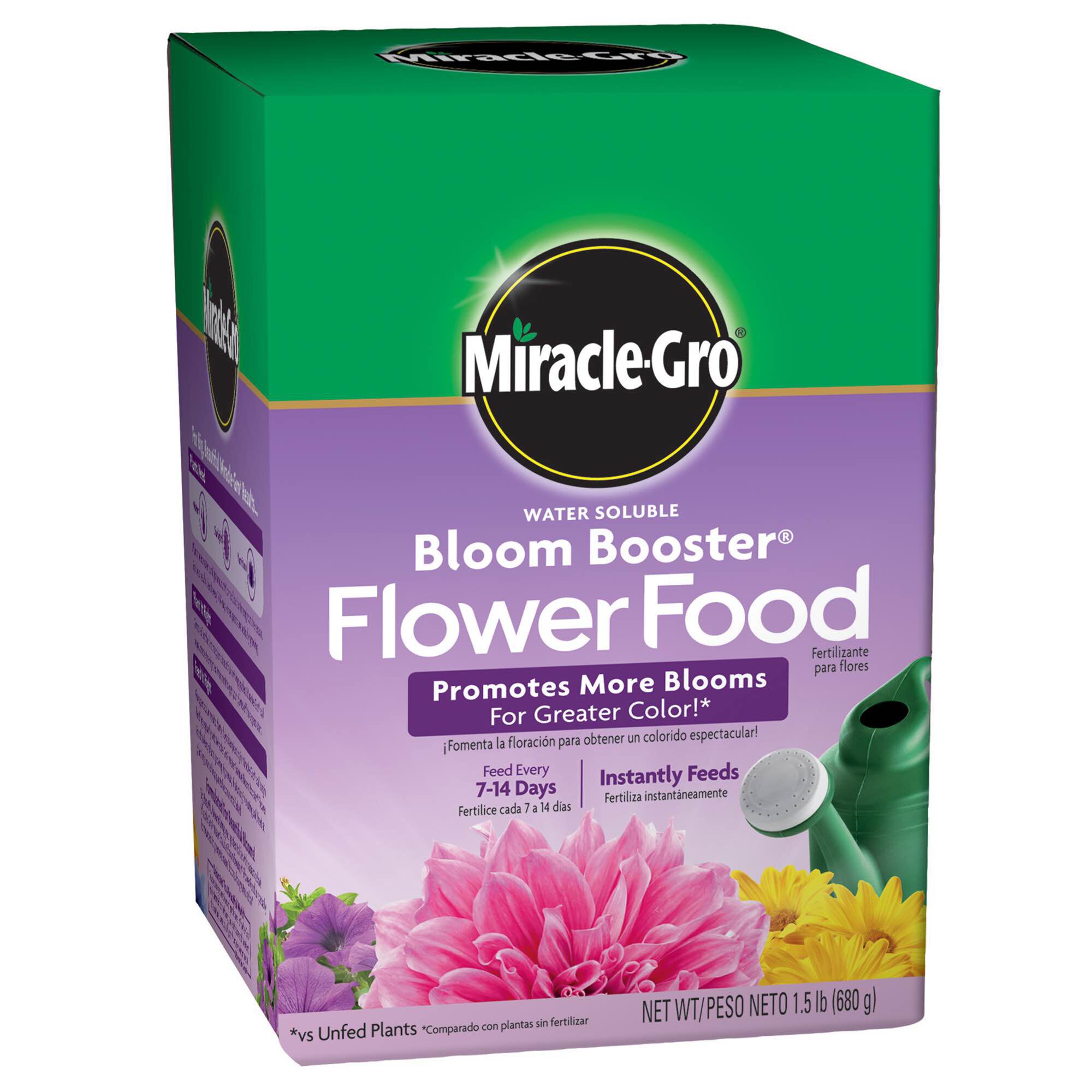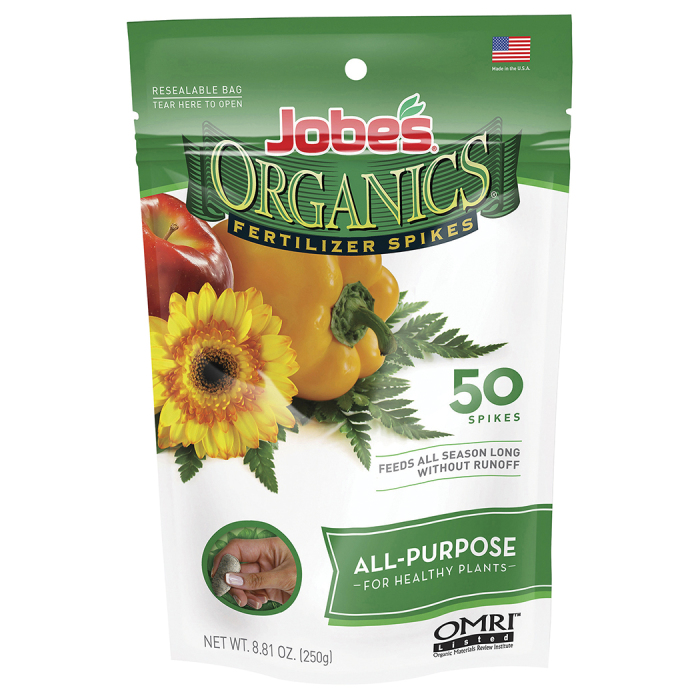The Best Petunia Fertilizer For Bigger Bloomier Flowers
The Best Petunia Fertilizer for Bigger Bloomier Flowers
Petunias are a popular choice for gardeners because they are relatively easy to care for and produce an abundance of colorful flowers. However, in order to keep your petunias blooming their best, they need to be fertilized regularly. The right fertilizer can help your petunias grow bushier and produce more flowers.
In this blog post, we will discuss the best fertilizer for petunias and how to use it. We will also provide some tips on how to care for your petunias so that they can thrive.
What is Fertilizer?
Fertilizer is a substance that is added to soil to provide plants with nutrients. The three main nutrients that plants need are nitrogen (N), phosphorus (P), and potassium (K). Nitrogen helps plants grow leaves and stems. Phosphorus helps plants produce flowers and seeds. Potassium helps plants resist disease and stay healthy.
What Kind of Fertilizer Do Petunias Need?
Petunias need a balanced fertilizer that contains all three of the main nutrients: nitrogen, phosphorus, and potassium. A good fertilizer for petunias will have an N-P-K ratio of 10-10-10 or 12-12-12.
You can find petunia fertilizer at most garden stores. It is available in liquid, granular, and slow-release formulas. Liquid fertilizer is the easiest to use, but it needs to be applied more often. Granular fertilizer is less expensive and can be applied less often, but it can be difficult to evenly distribute. Slow-release fertilizer is the most convenient, but it can be more expensive.
How to Fertilize Petunias
The best time to fertilize petunias is in the spring, when they are first planted. You can also fertilize them once a month during the growing season.
To fertilize petunias, mix the fertilizer according to the directions on the label. Then, water the plants with the fertilizer solution. Be sure to water the plants thoroughly so that the fertilizer reaches the roots.
If you are using granular fertilizer, you can sprinkle it around the base of the plants and then water the plants. Be sure to read the label to determine how much fertilizer to use.
Tips for Caring for Petunias
In addition to fertilizing your petunias, there are a few other things you can do to keep them healthy and blooming.
- Plant petunias in full sun. They need at least 6 hours of sunlight per day.
- Water petunias regularly, especially during hot, dry weather.
- Deadhead spent flowers to encourage new blooms.
- Pinch back the tips of the plants when they are young to encourage bushier growth.
- Protect petunias from pests and diseases.
Conclusion
By following these tips, you can help your petunias thrive and produce beautiful flowers all summer long.
Petunias are beautiful flowers that can brighten up any garden. But in order to keep them blooming their best, they need to be fertilized regularly. There are many different fertilizers on the market, so it can be tough to know which one is right for your petunias.
That's where Home Gardening comes in. We offer a wide variety of petunia fertilizers, so you can find the perfect one for your needs. We also have a team of experts who can help you choose the right fertilizer and answer any questions you have.
Visit Home Gardening today to learn more about our petunia fertilizers and how to keep your flowers blooming their best.
FAQ of petunia fertilizer
What is the best fertilizer for petunias?
A balanced fertilizer with an NPK ratio of 8-8-8 or 10-10-10 is a good choice for petunias. You can also use a fertilizer specifically designed for flowering plants. Petunias need a regular supply of nutrients to produce blooms, so fertilize them every two weeks during the growing season. You can use a liquid fertilizer or a slow-release fertilizer.
When should I fertilize my petunias?
You can start fertilizing your petunias when they are about 6 inches tall. Fertilize them every two weeks during the growing season, from spring to fall. If you live in a warm climate, you may need to fertilize them more often.
How much fertilizer should I use?
Follow the directions on the fertilizer label. In general, you will need to use less fertilizer for potted petunias than for petunias planted in the ground.
What are the signs of a petunia that needs fertilizer?
Petunias that need fertilizer may have pale leaves, slow growth, or few blooms. They may also be more susceptible to pests and diseases.
What are some organic fertilizers that I can use for my petunias?
There are a number of organic fertilizers that you can use for your petunias. Some good options include compost tea, worm castings, and fish emulsion. Organic fertilizers are a good choice for petunias because they are gentle on the plants and the environment.
How do I prevent fertilizer burn on my petunias?
Fertilizer burn is a condition that can occur when plants are overfertilized. It can cause the leaves of the plant to turn yellow or brown, and can even kill the plant. To prevent fertilizer burn, it is important to follow the directions on the fertilizer label. You should also dilute the fertilizer according to the directions.
Image of petunia fertilizer
- A bottle of Miracle-Gro Water Soluble Plant Food, which is a balanced fertilizer that can be used for petunias.

- A bag of Espoma Plant Tone, which is a slow-release fertilizer that is ideal for petunias.

- A bottle of Dyna-Gro Grow, which is a liquid fertilizer that is high in nitrogen and phosphorus, which are essential nutrients for petunias.
- A bottle of Schultz Rose & Flower Food, which is a water-soluble fertilizer that is specifically formulated for roses and other flowering plants, including petunias.

- A bag of Jobe's Organics All Purpose Fertilizer, which is an organic fertilizer that is safe for use around pets and children.

- A bottle of Neptune's Harvest Fish Fertilizer, which is a liquid fertilizer that is made from fish and is a good source of nitrogen and phosphorus for petunias.

- A bottle of Dr. Earth's Flower Girl Fertilizer, which is a liquid fertilizer that is made from organic ingredients and is a good source of nitrogen, phosphorus, and potassium for petunias.

- A bag of Osmocote Smart-Release Plant Food, which is a slow-release fertilizer that is ideal for petunias and other flowering plants.

- A bottle of General Hydroponics Flora Series Fertilizer, which is a liquid fertilizer that is specifically formulated for hydroponics, but can also be used for petunias grown in soil.

- A bottle of Dyna-Gro Foliage Pro, which is a liquid fertilizer that is high in potassium, which is essential for petunias to produce blooms.

Post a Comment for "The Best Petunia Fertilizer For Bigger Bloomier Flowers"